As the global economic landscape shifts under the weight of impending monetary policy changes, investors are keenly attuned to the Federal Reserve's anticipated actions in September. The imminent prospect of interest rate cuts has sparked considerable discourse around the potential ripple effects—particularly for the Chinese yuan. Steven, the originator of the dollar smile theory, recently posited that a wave of capital, estimated at a staggering one trillion dollars, might flow back to China, potentially propelling the yuan to appreciate by up to ten percent. This controversial assertion has ignited debate within financial circles, where opinions are deeply divided.
In Steven's view, a U.S. interest rate reduction would likely prompt Chinese enterprises to divest from dollar-denominated assets, which could further reinforce the yuan's value. He suggests that since the onset of the pandemic, Chinese companies have accumulated over two trillion dollars in overseas investments, bolstered by the disparate interest rates available on foreign versus domestic assets. With the Fed lowering borrowing costs, the allure of dollar assets could dim, and a narrowing interest rate differential between China and the United States might catalyze significant capital repatriation.
An intriguing aspect of Steven's analysis hinges on the historical context of the dollar smile theory, which paints a multi-faceted picture of exchange rates. If American consumer prices continue to stabilize and monetary easing surpasses market expectations, coupled with an overvalued dollar, the backdrop for dollar depreciation could become increasingly pronounced. Furthermore, in a recent interview, he elaborated that if the Chinese central bank opts not to absorb excess dollar liquidity, the potential for yuan appreciation could be amplified.
However, the prospect of such a rapid and profound currency shift raises questions, particularly as the global investors dig deeper into American economic forecasts, which currently show a cautious outlook. The investment giant BlackRock posits that while the U.S. economy may slow, it is not likely to plunge into recession, especially with upbeat earnings reports emerging from the tech sector. This sentiment is echoed by various economic indicators, including initial unemployment claims and data from the ISM services index, indicating a deceleration that stops short of outright decline. As a result, the dollar index may experience only a gradual unwinding rather than a drastic collapse.
The interplay of currency values is also intricately tied to China's economic recovery efforts. Recently released data underscores the tepid nature of China's post-pandemic rebound, implying a potential necessity for more aggressive fiscal interventions to bolster economic stability. Such measures would not only inject confidence into the financial markets but could also incentivize global capital to redeploy into yuan-denominated assets as investors eye valuation corrections. According to the CME’s FedWatch tool, the likelihood of a 25 basis point cut by the Fed this September has been pegged at a robust 65.5%, with a 50 basis point cut at a notable 34.5%. A more pronounced reduction could loosen capital flows and stimulate economic growth, albeit triggering some investor unease due to perceived concessions on the Fed's part regarding economic health.
For those bullish on U.S. equities, the prospect of an aggressive rate cut might seem daunting. Investors typically prefer a measured approach to monetary policy, eschewing any interpretations of the Fed’s actions that signal a crisis. Hence, there's a palpable dichotomy in investor sentiment surrounding whether the Fed makes a significant move this September. Amidst these conditions, the implications for the global capital markets are substantial, and the anticipated volatility may dictate a shift in investment strategies.
The consistency of expectations surrounding the Fed’s rate cuts has permeated the global financial spheres, influencing market behaviors across equities. August saw a dramatic swing as U.S., European, and Asian stocks navigated headlines surrounding the Fed’s changing stance, with significant declines interspersed with equally sizable rebounds. The Dow Jones Industrial Average recently clinched record closing highs, punctuating the rebound—as tech stocks played a mixed role, affecting broader indexes like the S&P 500.
Amid these developments, Warren Buffett’s recent decision to significantly divest from Apple, his largest holding, underscores a cautious outlook on U.S. markets. Notably, he has slashed his stake by approximately fifty percent, reflecting a broader strategy amidst rising concerns about market valuations. This shift aligns with Buffett's long-persistent investment philosophy: to capitalize on market fear and shun investments during overly enthusiastic phases. As reported, Berkshire Hathaway’s exposure now reportedly dips below 50% in equity positions, favoring cash reserves and treasury securities—an indicator of proactive risk management.
For investors in the A-shares market, parallels can be drawn, though nuances abound. Chinese markets have historically languished through prolonged periods of downturn, presenting a unique challenge for value investors driven by time horizons and sectors' cyclicality. The principle remains fundamentally similar; quality assets tend to rebound following bear markets, provided they manage to weather the storm. Thus, persisting in a patient investment strategy, especially during protracted phases of market malaise, emerges as a vital tenet for those seeking long-term value in a fluctuating economy.
In summary, navigating investment in the modern financial landscape—be it in U.S. or A-shares—demands an acute awareness of macroeconomic trends and corporate fundamentals. The art of value investing, particularly in the context of the A-share market, emphasizes identifying strong companies, employing patience, and ensuring entry points reflect true valuation. Investors in any market would do well to heed the dynamic nature of capital flow amidst a backdrop of changing monetary policy and economic recovery efforts, leveraging insight to position themselves strategically for future gains.
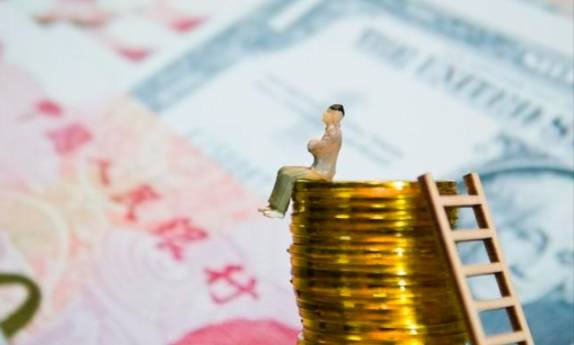

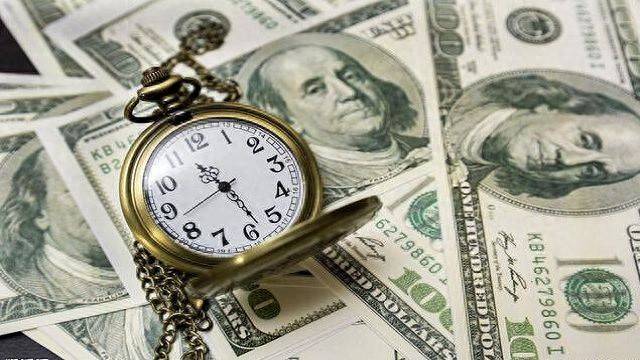
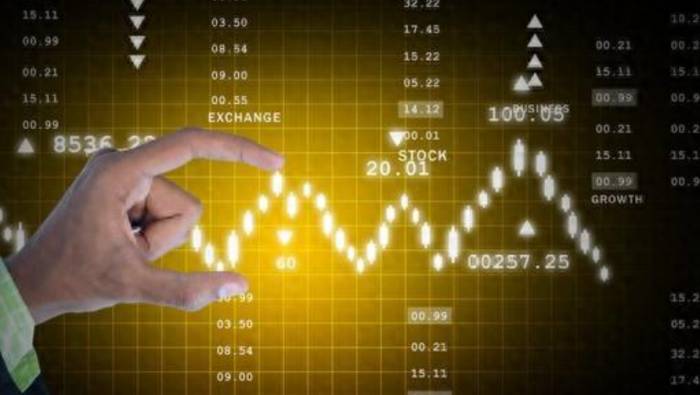

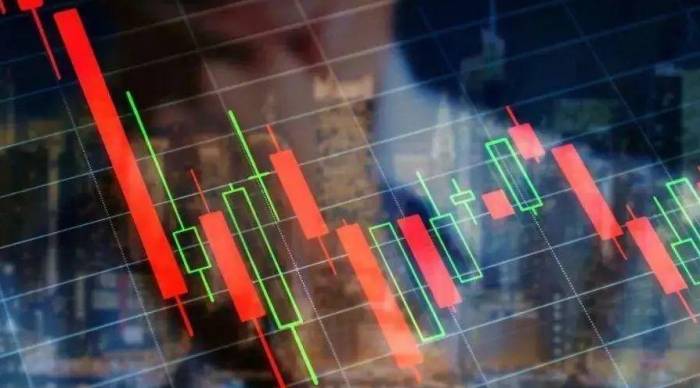
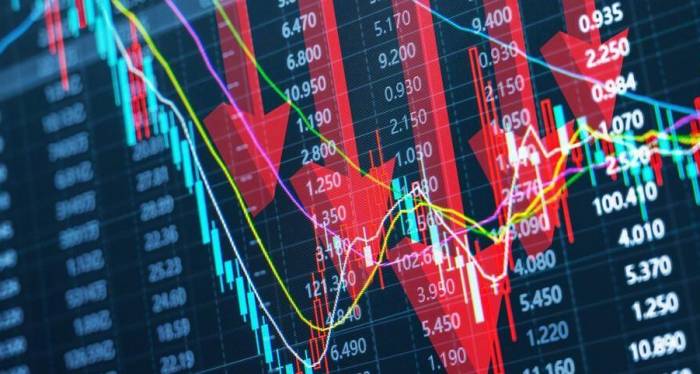
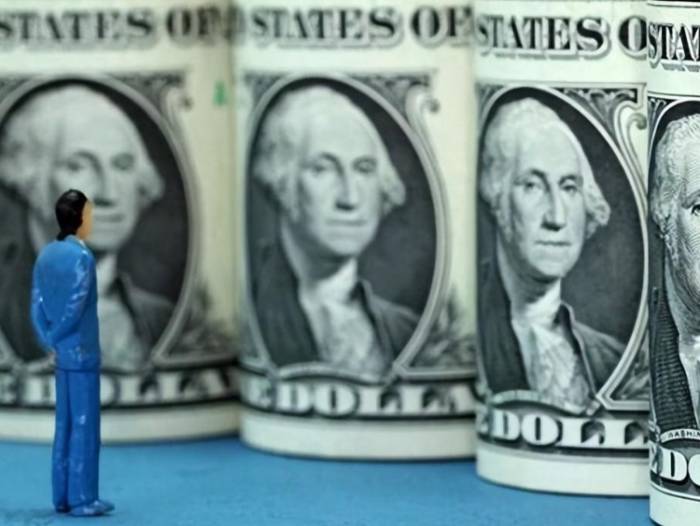


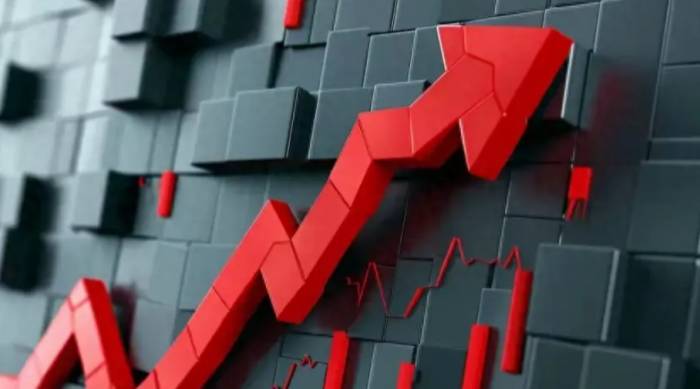

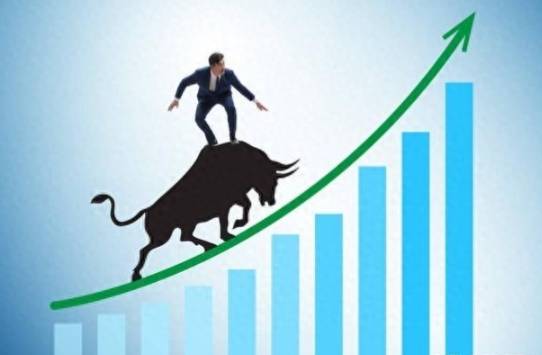



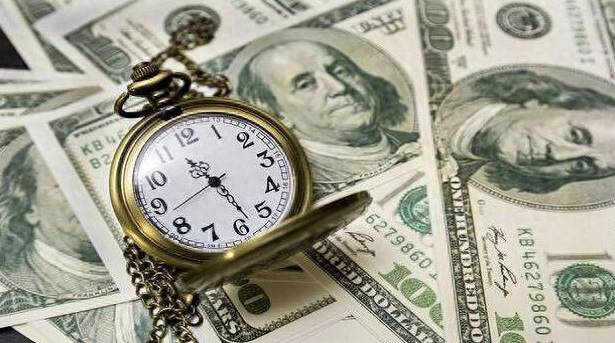
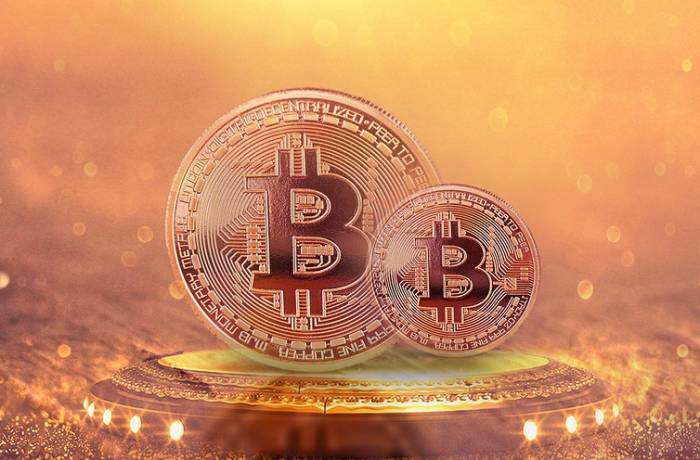

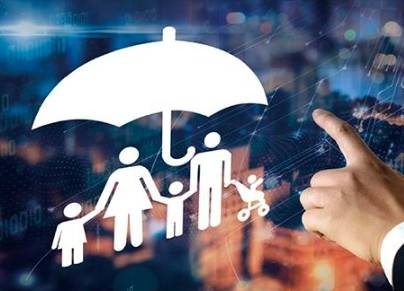
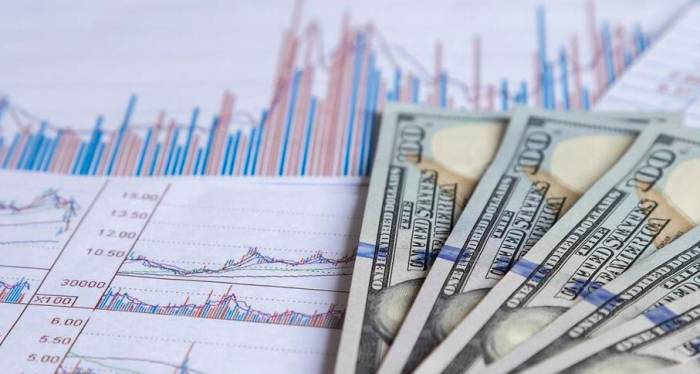
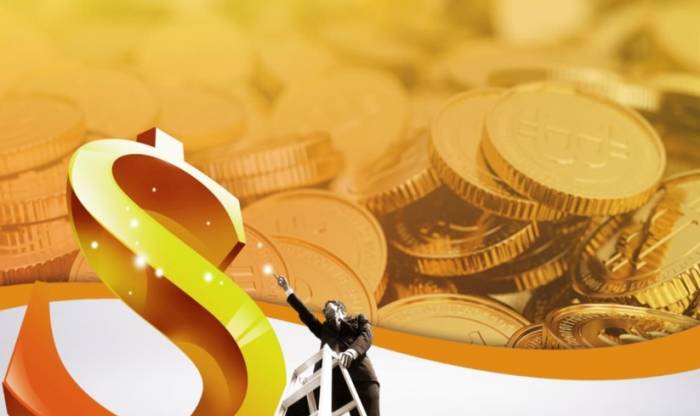





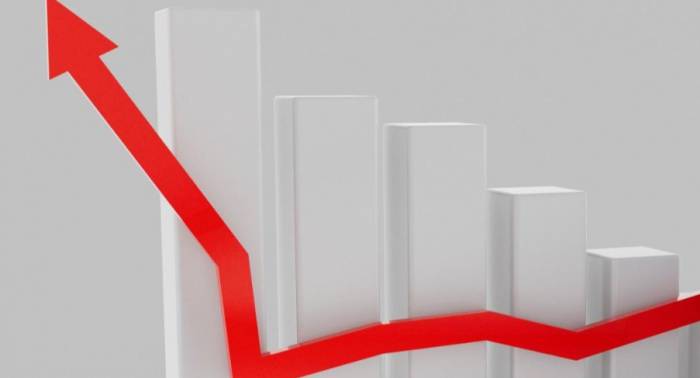

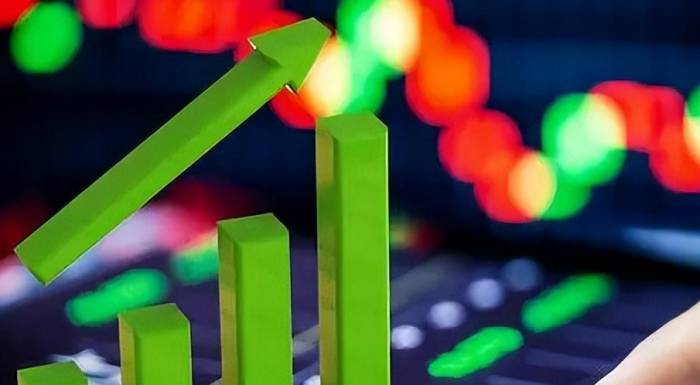
Join the Discussion